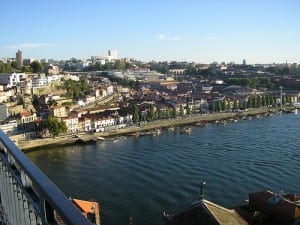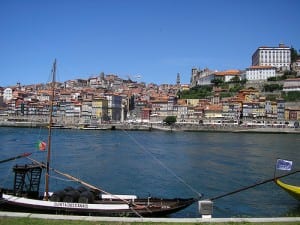As promised I thought I’d upload some of the exercises we did in the workshop on the 22nd, but this time with some commentary on the resources
1) University of Salford Postgraduate Studies Team Blog
This a very good resource for postgraduate students and is released under a Creative Commons BY-NC-SA license. (That means you can use it in your work, as long as you attribute the authors, don’t use it for commercial purposes, and if you do create anything based on it, you have to release that work under the same license.). However, the status of a presentation that they have posted is of some interest.
Here’s a link to the post containing the presentation
Before reading on, think about whether the presentation is itself an Open Educational Resource.
I think the authors intended it to be, but in fact, because it has been posted elsewhere, in this case on Slideshare, it is subject to Slideshare’s terms and conditions. Clearly you can use it if you link to Slideshare, but there is no explicit permission from Slideshare to download it and reuse it or amend it, so it can’t really be regarded as open. There’s a clear lesson for us here. If we want to make sure that our resources are genuinely open we have to be very careful about where we host them.
2) Work where you own the copyright yourself.
Here are two photographs, taken by me, not in the course of any employment, which means I own the copyright in both of them. Click on them to have a look at the licenses.
The first has been released under creative commons, but the second has not. However, you can use the second photo as it appears on this blog, because the blog itself is published under a CC license. But if you click on the link to the second photo and download one of the different sizes of the image available on Flickr then you could be considered to be infringing copyright, since those images aren’t licensed. (Don’t worry, I won’t sue!)
3) Finally, the University of Lincoln has a license from the CLA to digitise journal articles and book chapters and post them on a Virtual Learning Environment. (Provided some strict conditions are met). Can these digitised resources be incorporated into an OER that you are building.
The answer here is “Absolutely not”. You can use them with a class of students inside Blackboard, and only inside Blackboard) but you have no right to further license them, since you do not own the copyright. Any copying you do here is under a different license (not Creative Commons). Having said that there are an increasing number of open journals which do release their content under a Creative Commons license. Click this link for an article from the Journal of Interactive Media, and have a look for the license. How would you incorporate this article into an OER.

